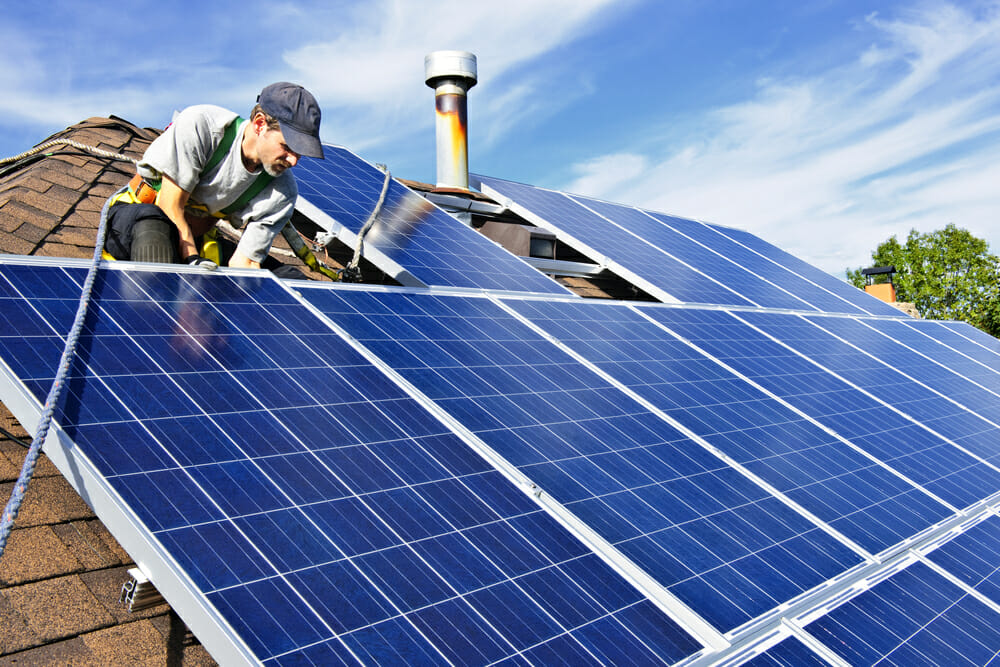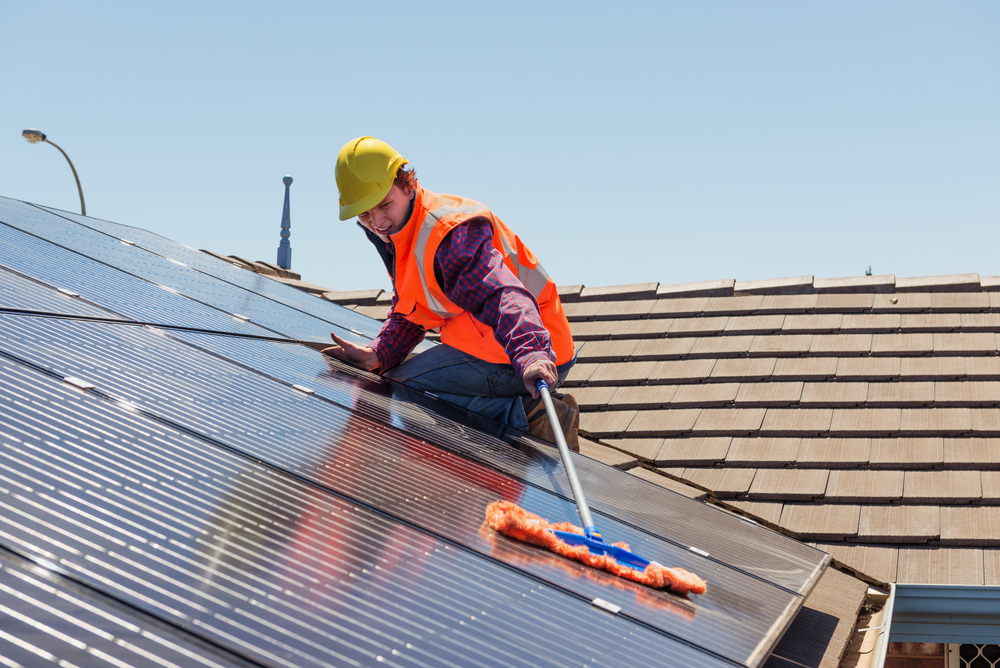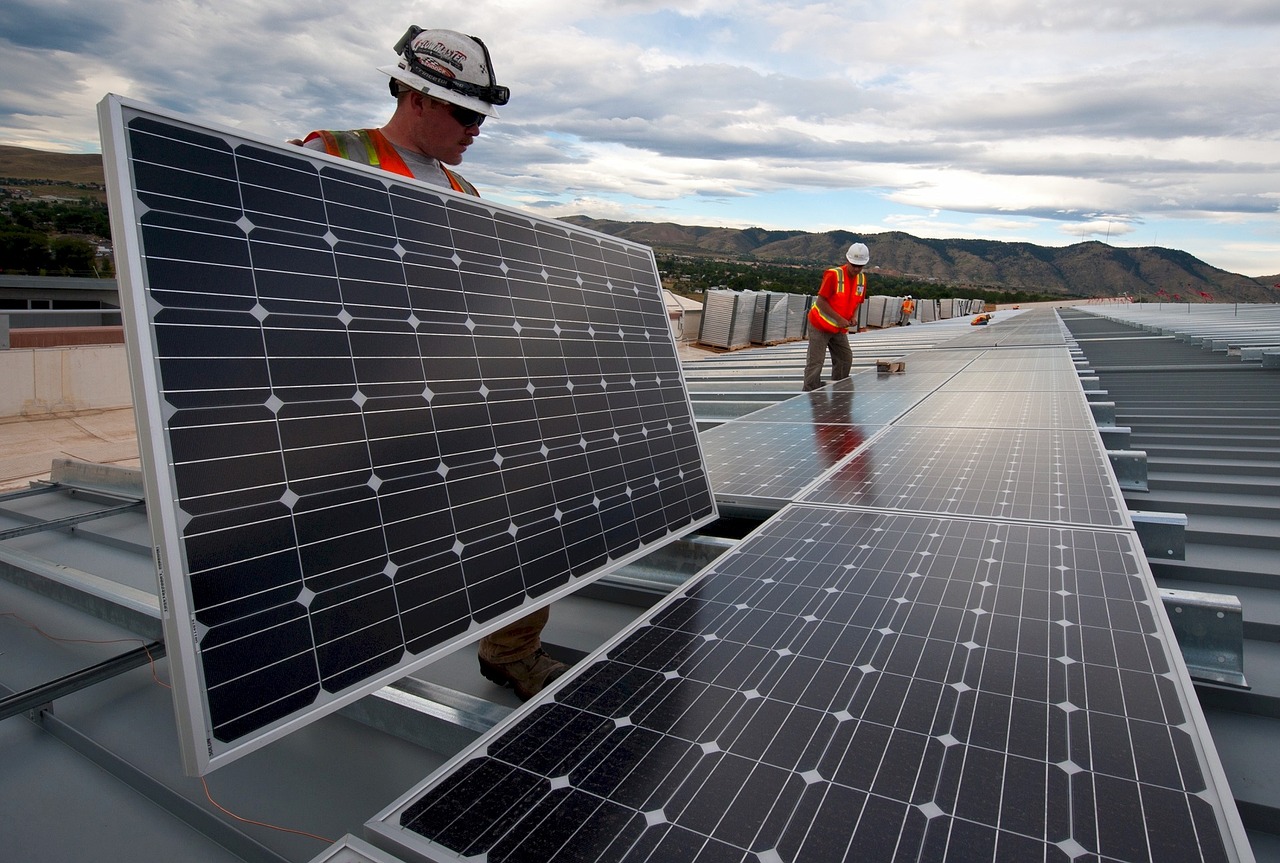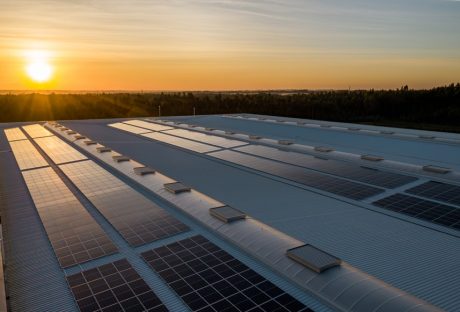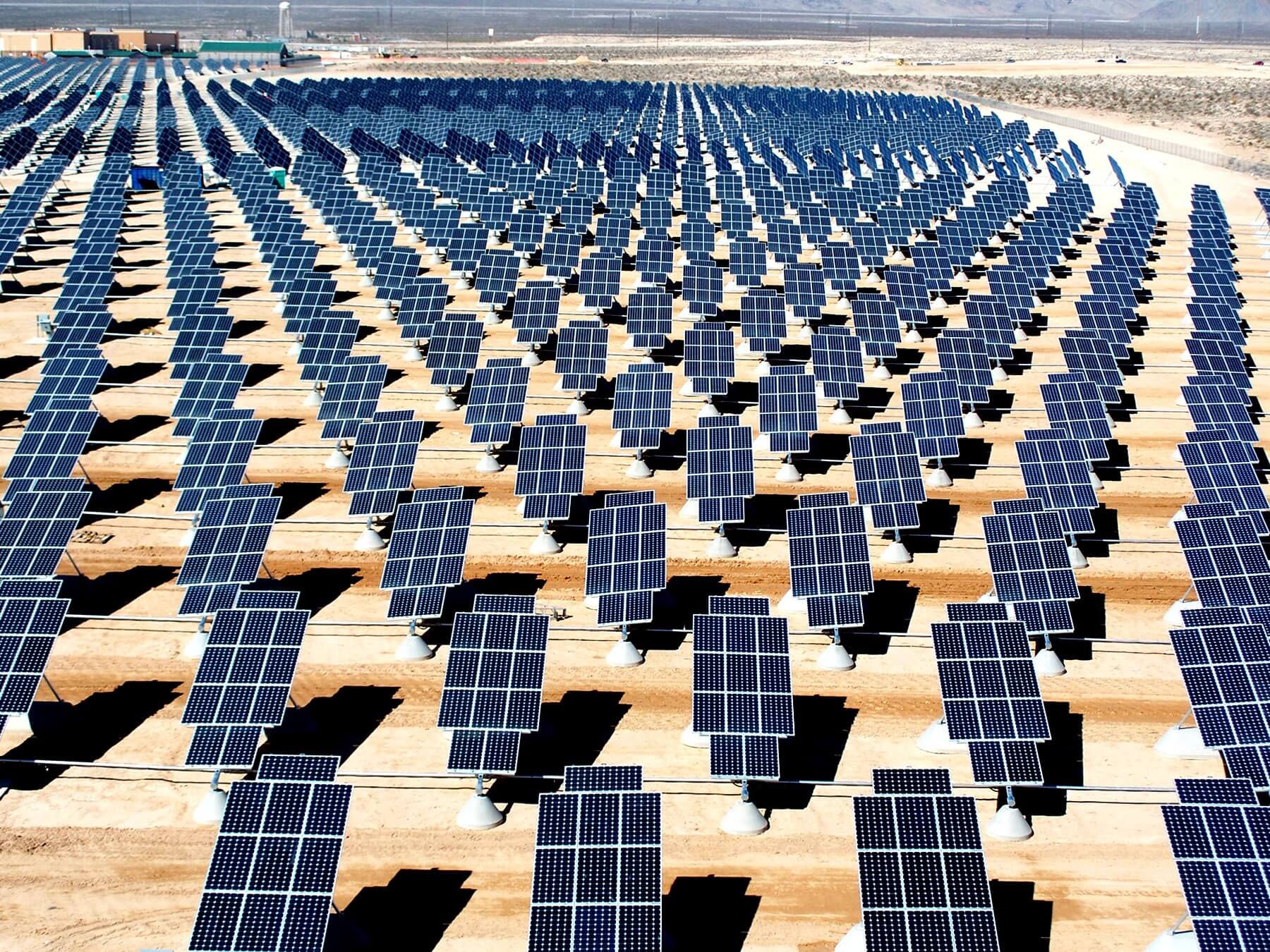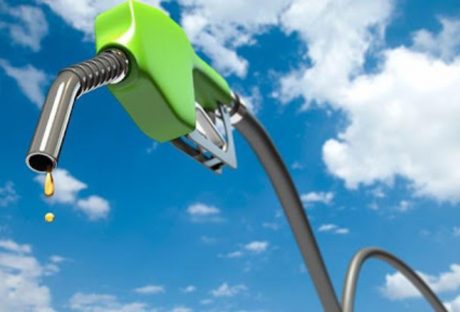Solar power has risen in popularity rapidly all over Australia since the sudden decrease in costs at the beginning of the turn of the century and the advances in solar technology which have made commercial solar power much more accessible and affordable for all. With the continuing rise in the use of solar power, more and more home and business owners are moving to this renewable energy source and enjoying the benefits of green power.
If you are deciding whether or not to make the switch to solar power, there are some things you need to consider before you go solar. Understanding the installation process is important to ensure that you install your solar panels for optimum efficiency. Most homeowners and business owners can install panels right away but there are a few things to be aware of so that your panel installation is a success and you can enjoy the benefits of solar power for many years to come.
Let’s take a closer look at a few things that individuals and businesses should keep in mind before and during the installation of a new solar panel system.
Determine How Much Power Will Be Produced:
Before you install solar panels on your property, it’s important to take some time to do the necessary calculations in relation to the property you want to install your solar panels on to find out how much your solar system will produce. It doesn’t take long to do the calculations and once you have the results, you can determine how much power you can expect from your solar installation. Most solar installation companies can do an evaluation of your property before you install your panels to ensure it’s a suitable match for solar energy.
Evaluate Your Roof:
Evaluating your roof to see that it is appropriate to generate solar power is critical before you install your panels. This is usually done by the company before any contract is signed to ensure that the user will be able to make the most of the solar energy collected. However, it is not a bad idea to consider assessing your roof and position beforehand yourself too. If a roof is very shaded or the property is hidden from direct sunlight by another building or foliage, it may be necessary to reconsider your decision to go solar or come up with a different approach. For example, it’s possible to build solar installations on lawns which can equally benefit your property.
Decide How Many Panels You Will Need:
Prior to your installation, you should find out how many solar panels you will need, in terms of the size and scale of the solar installation and the number of photovoltaic cells. In order to find out this information, you should analyse your property and the energy capacity it currently works off. By carrying out an energy audit, you should be able to say with certainty how much power you need to use to fuel your home or business and therefore be able to decide on the measurements for your installation without any problems.
Structurally Sound:
If you have decided that installing a solar panel system on your roof is the right move, you will have to make sure that your roof is structurally sound and can take the weight and physical attachment of the system. Solar panel installations can last up to 30 years without any need to remove them so it is best to know that your roof will not need to be refurbished a few years down the road.
Install Your Solar Panels And Enjoy A Greener Future:
Once you have evaluated your home to ensure that the property is a good candidate for a solar installation, you will need to call your installation company. They will give the property one final look-over before and give you the green light before you complete the necessary paperwork. After the contract has been signed, you will be able to go ahead and prepare the orders for photovoltaic or thermal cells and the right inverter for your electric wiring.
As soon as everything is set in place, you can set a date for the installation of your solar panels. Your installation company will do the rest of the work for you, install the panels and connect you to the national electricity grid so that you can take advantage of any excess energy that is produced through your system. With your solar panels installed, you can enjoy all of the benefits of solar power and look forward to a greener future.
Read Also:
Feature Image: modernize.com













